26 Best Alcohol and Drug Rehabs in Youngstown, OH 2025

7.62

7.60

7.80

7.42
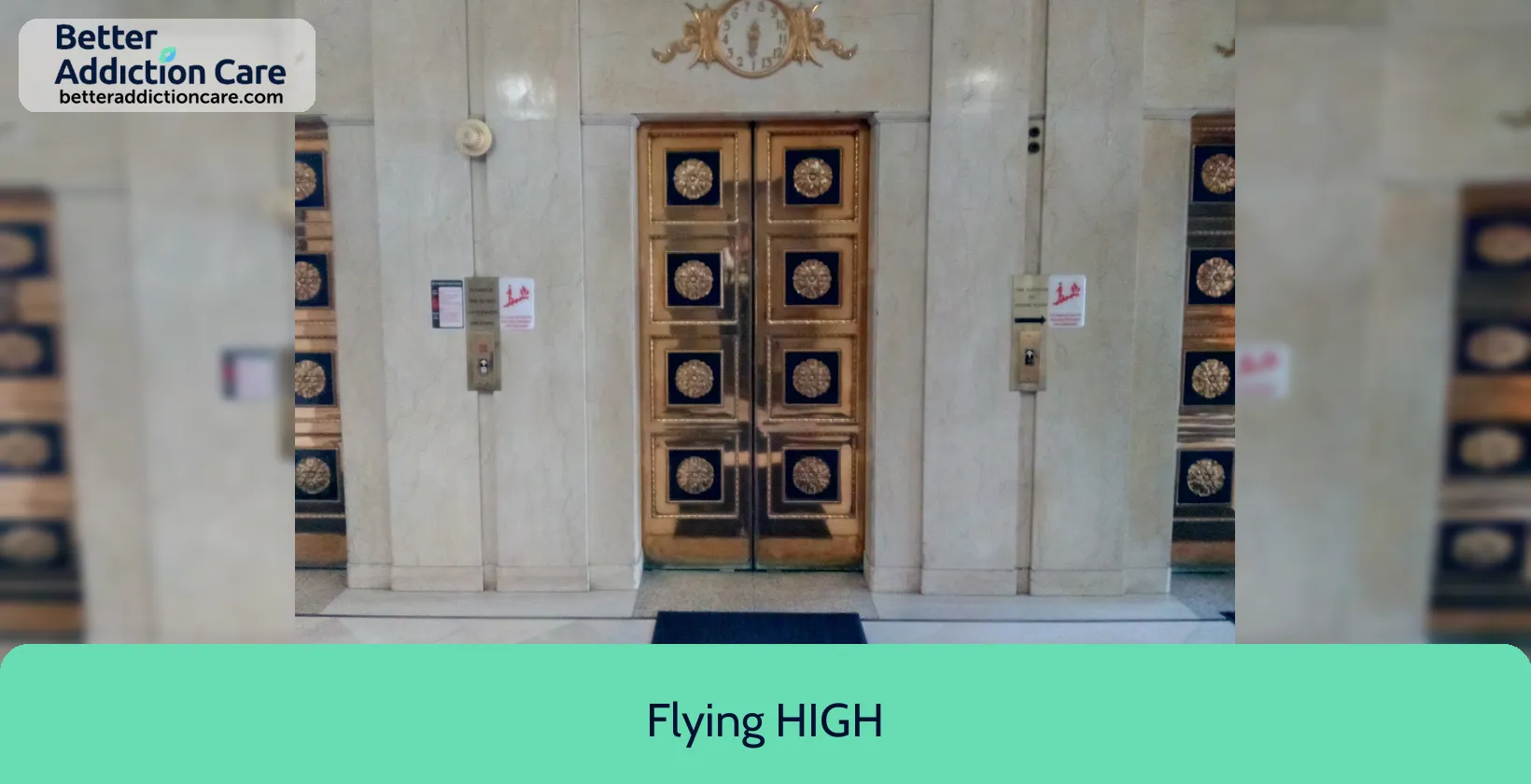
7.03
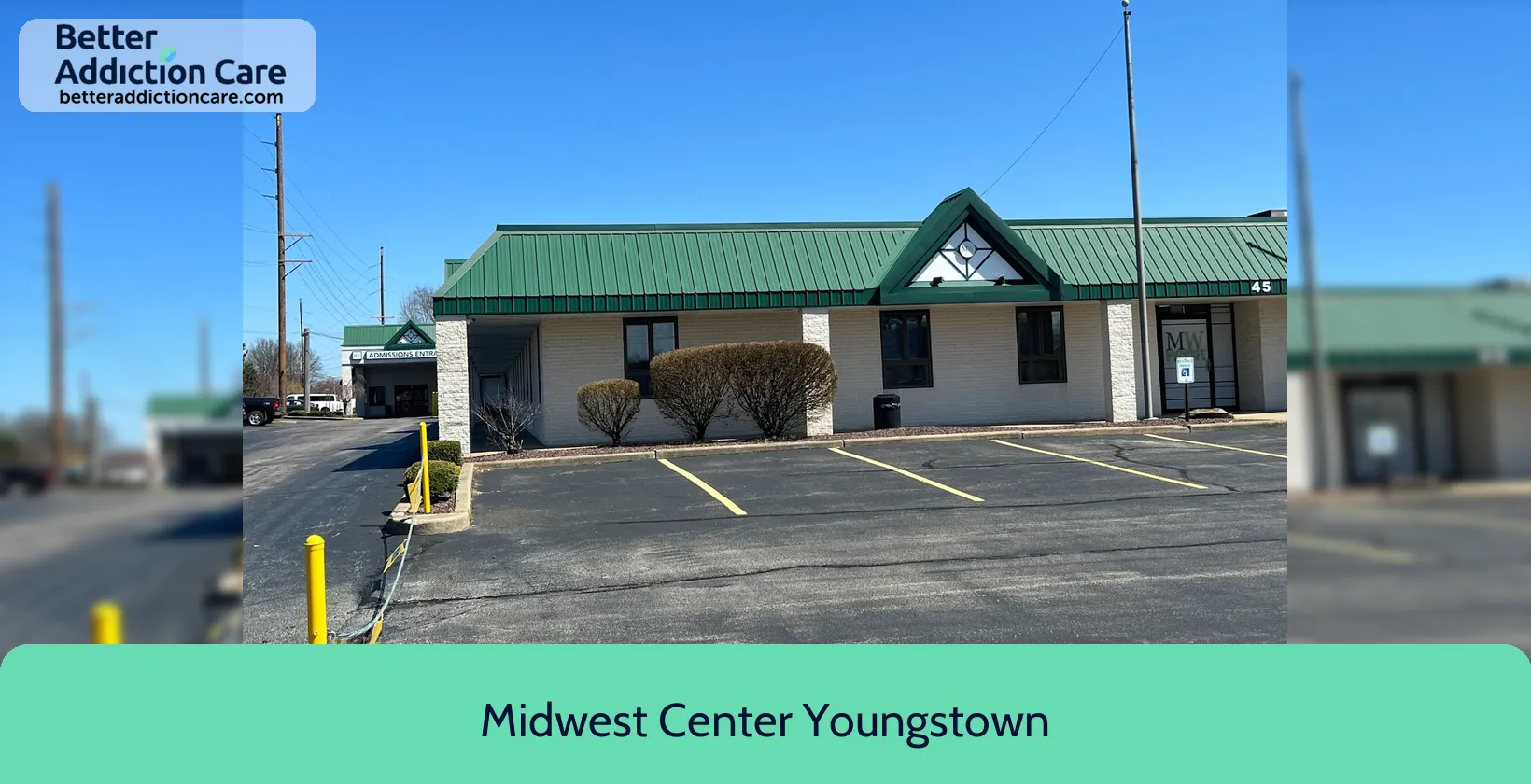
6.56
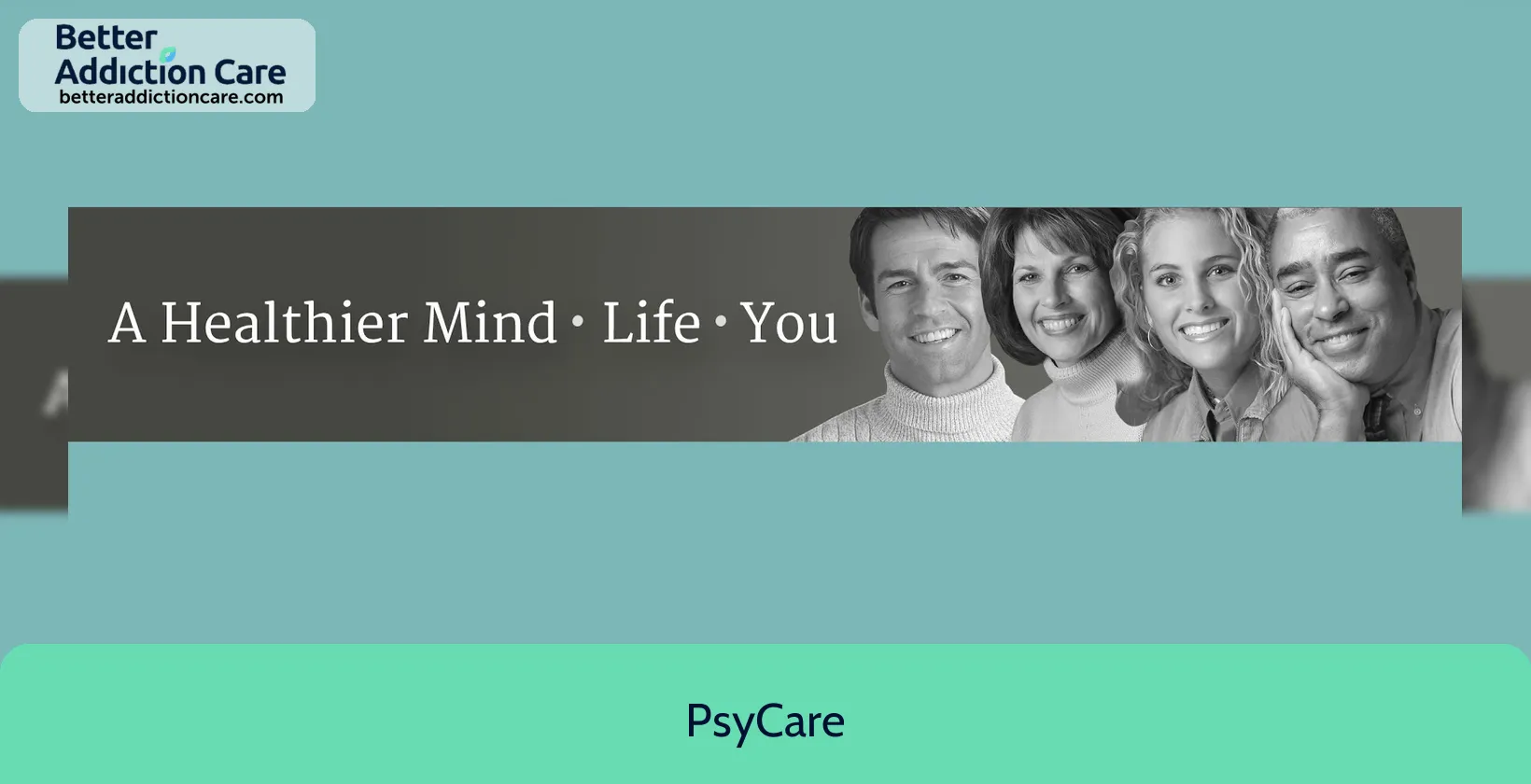
6.68
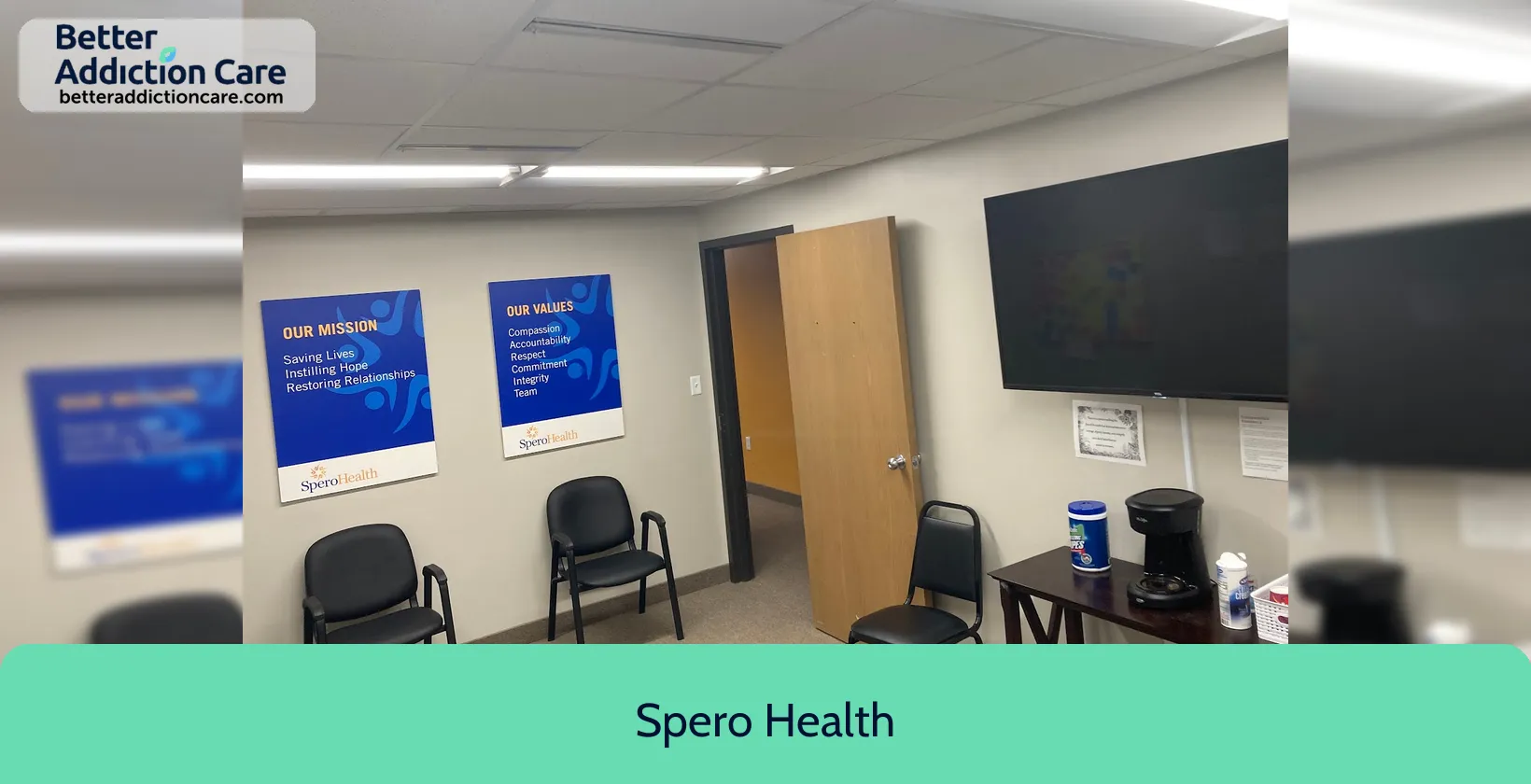
7.17
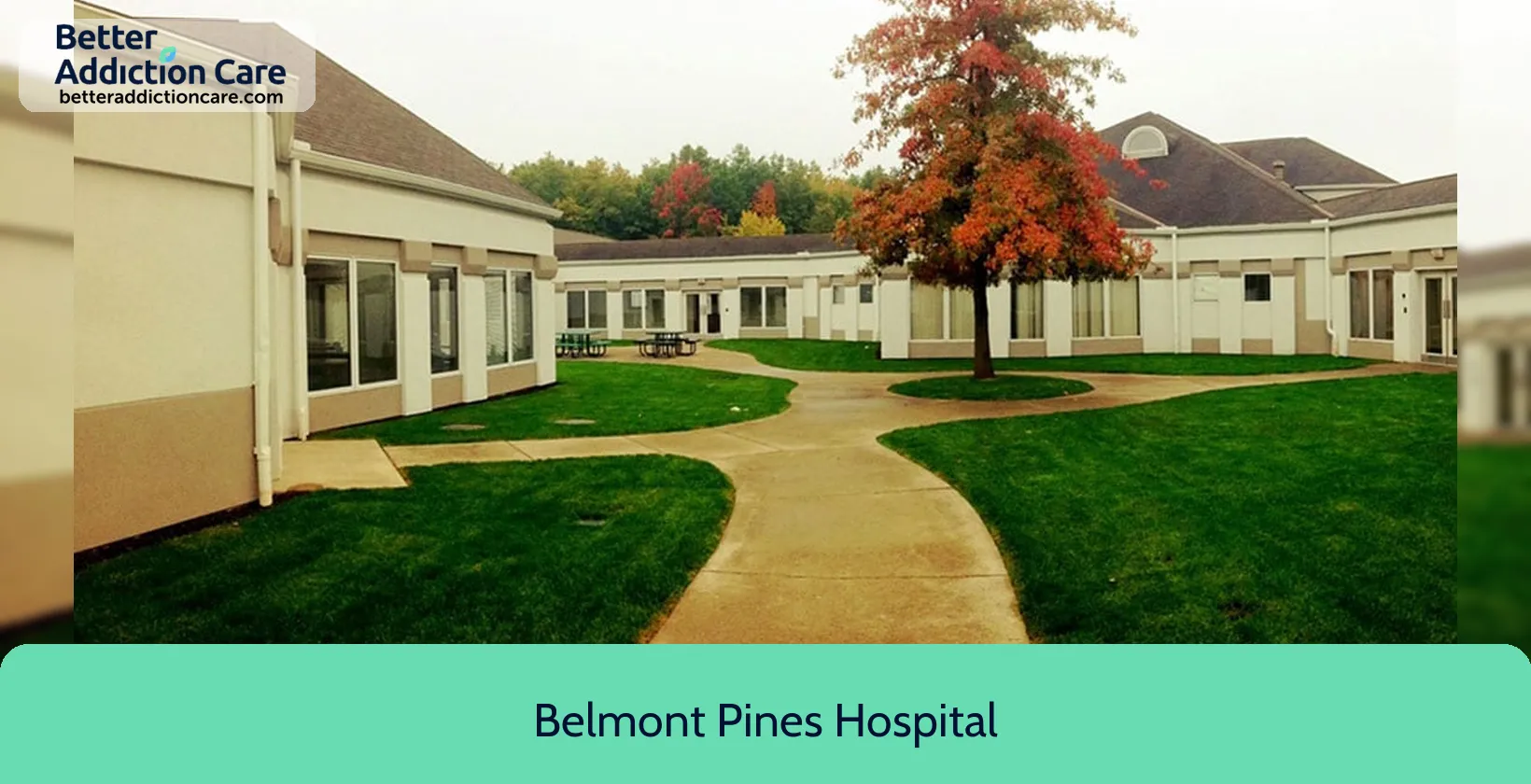
6.71

6.71
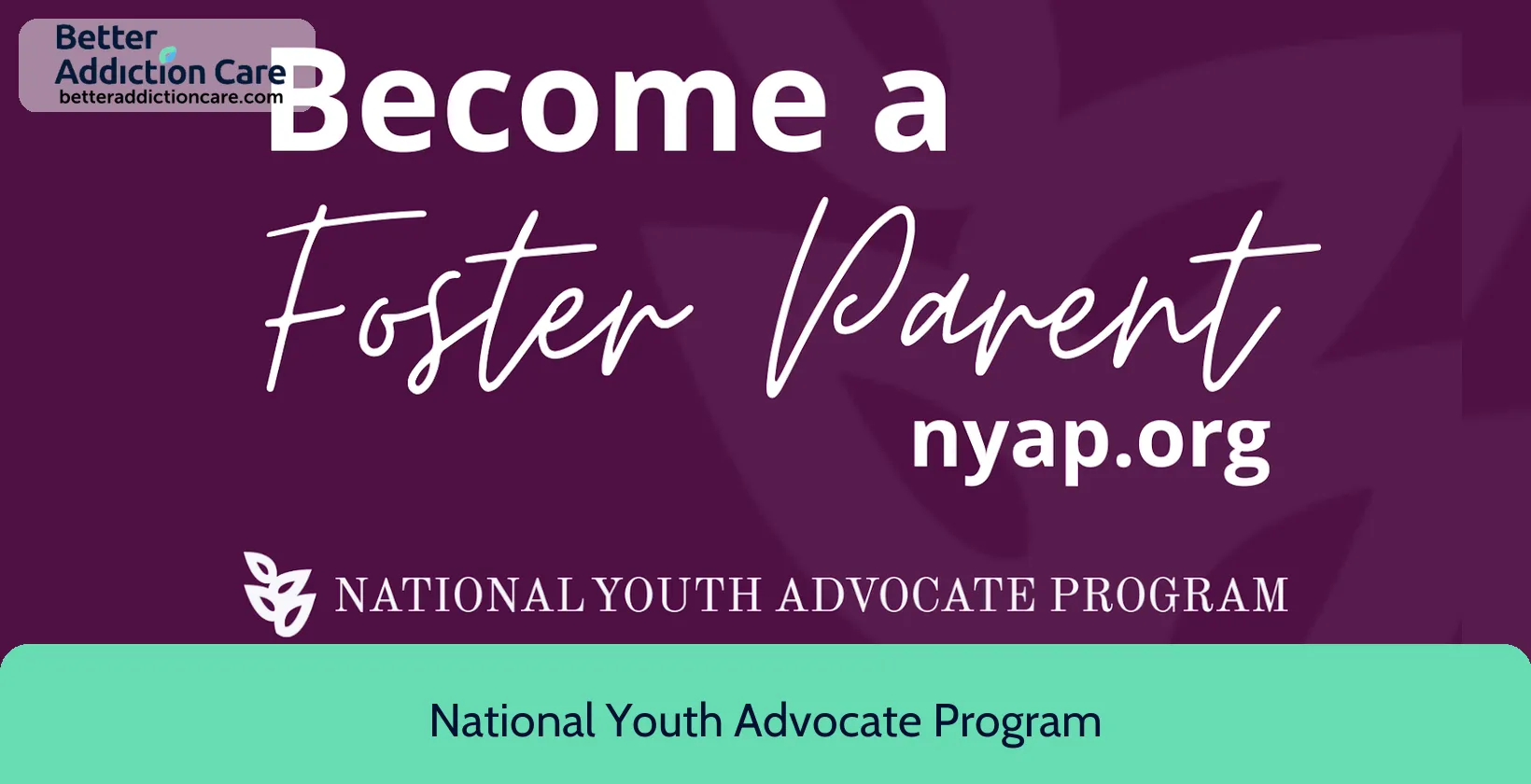
6.62
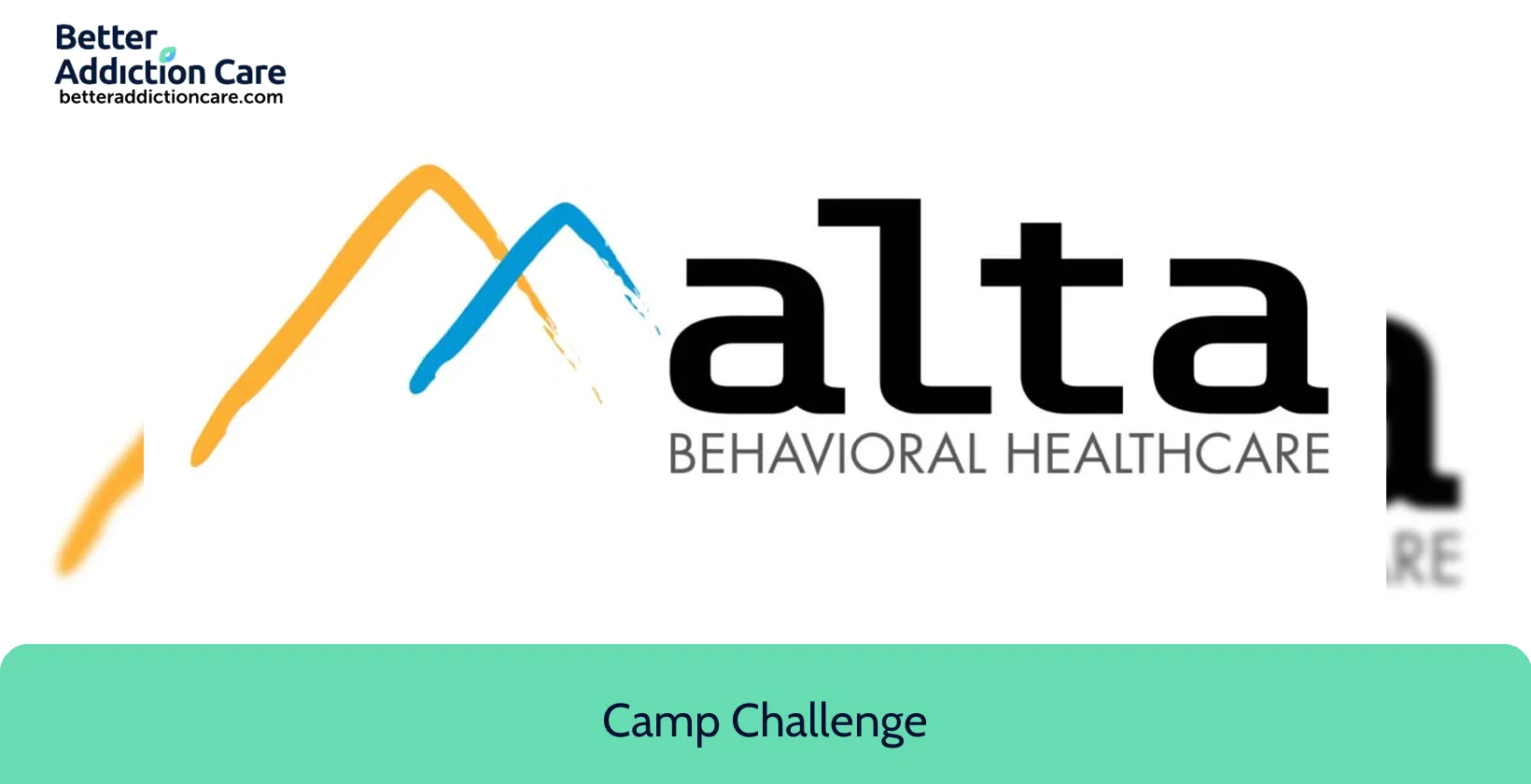
6.56

7.18

6.97

6.56

6.82

7.02

6.65

6.68

7.34

6.53

6.77

6.71

6.68

7.24

6.65
Local Rehabs in Ohio
Common Questions About Rehab in Youngstown
Take a look at our FAQ. We've tried to fill it with all the answers you're looking for. And if not, contact us on (888) 349-0436.


